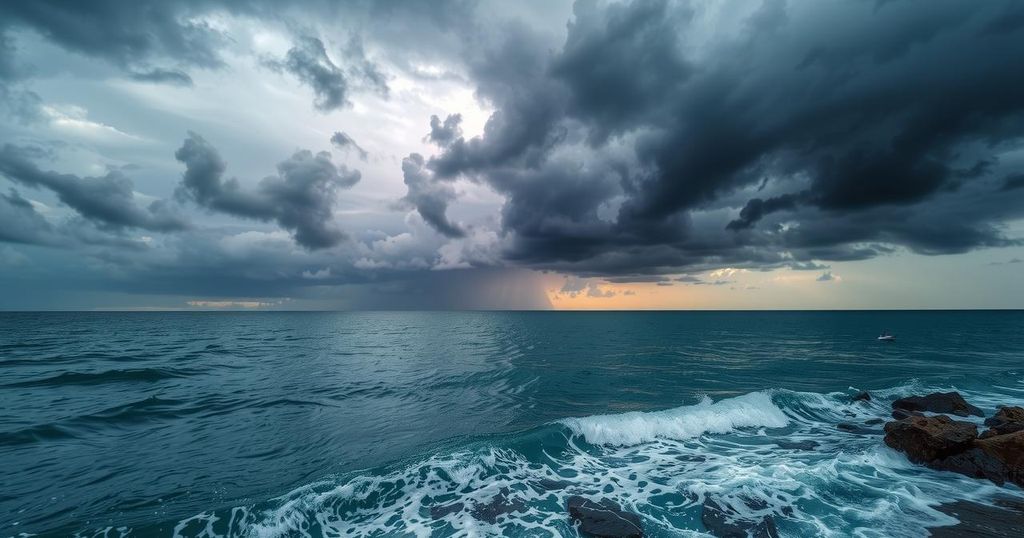Mozambique is recovering from the devastating Tropical Cyclones Chido and Dikeledi, which caused extensive damage and affected over 737,000 individuals, resulting in numerous fatalities and injuries. The destruction of homes, schools, and health facilities across affected provinces challenges ongoing recovery and humanitarian efforts, necessitating urgent attention and resources for the impacted communities.
Mozambique continues to grapple with the aftermath of Tropical Cyclone Chido, which made landfall on December 15, 2024, unleashing torrential rains exceeding 250 mm and winds reaching 120 km/h. The cyclone devastated communities in Mozambique and later moved into Malawi before dissipating in Zimbabwe. According to the National Institute for Natural Disasters, the cyclone has impacted approximately 453,971 individuals, resulting in 120 fatalities and 868 injuries.
The destruction was extensive, with over 70,000 homes damaged or destroyed, alongside 250 schools and 52 health facilities out of service. In Cabo Delgado Province, the districts of Mecufi, Metuge, and Chiure were among the hardest-hit areas, severely affecting the provincial capital, Pemba. Current estimates suggest that 272,000 individuals in Cabo Delgado have been affected.
Following this, on January 13, 2025, Tropical Cyclone Dikeledi struck Nampula province, producing severe weather with heavy rainfall exceeding 247 mm in Mossuril and wind speeds of up to 150 km/h. Initial assessments by the IOM DTM and INGD report that Dikeledi has affected 283,334 individuals, with significant damage to infrastructure including 80,865 homes, 48 health facilities, and 221 schools.
Major impacts were observed in several districts, with Mossuril and Ilha de Mozambique being particularly hard hit. Local populations are facing dire conditions, with 50 percent of the affected being children. These developments highlight the urgent humanitarian needs arising from the double catastrophe affecting Mozambique in December and January.
In summary, Mozambique is facing severe humanitarian needs following the destructive impacts of Tropical Cyclones Chido and Dikeledi. Both cyclones have resulted in extensive damage to infrastructure and a significant number of casualties. The humanitarian response is critical to address the needs of the impacted population, underscoring the importance of continued assessments and resource mobilization to support recovery efforts.
Original Source: reliefweb.int






